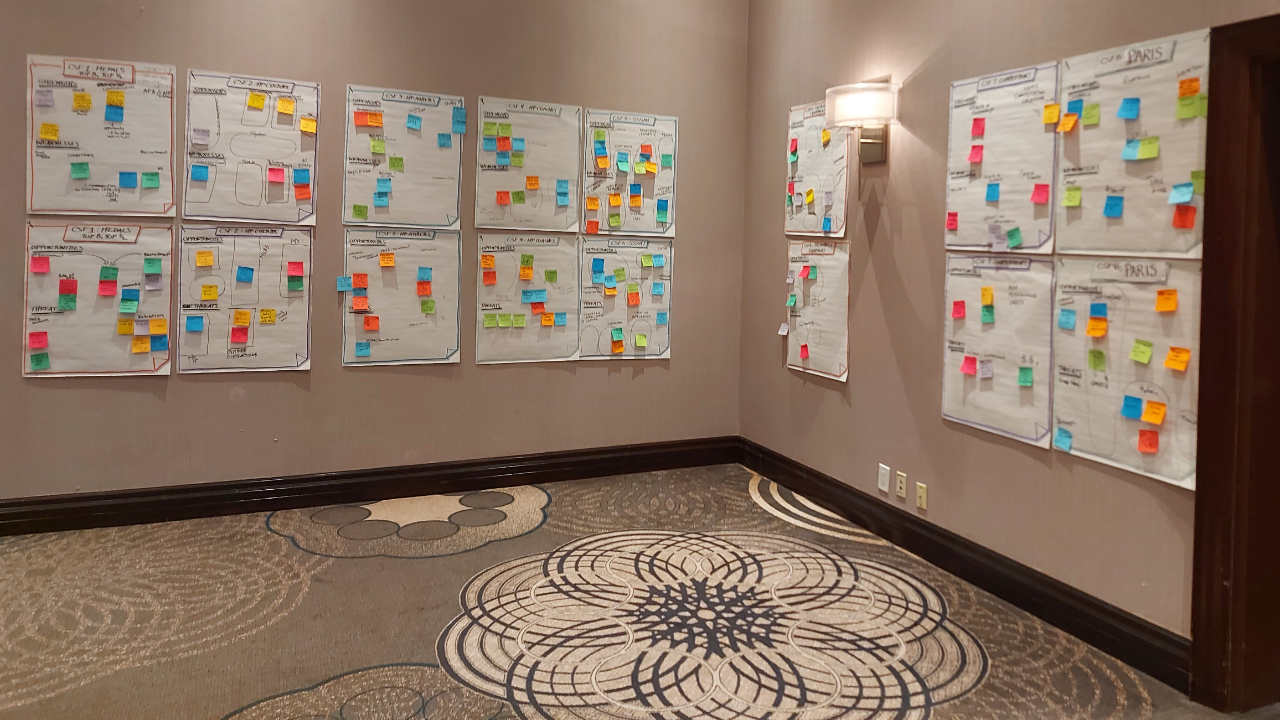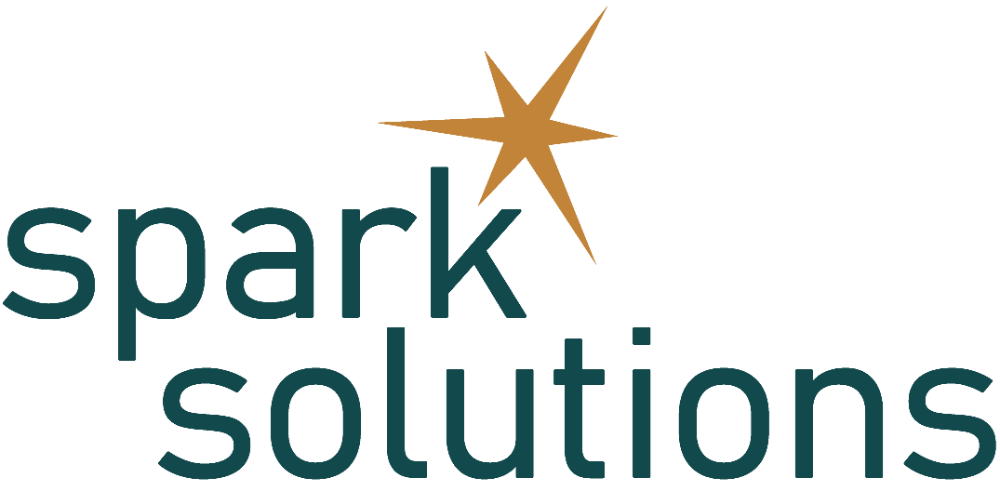Think Like Team Canada: What Olympic Teams Can Teach Your Sport Club
Dec 01, 2021
We all watched it. The thrilling wins, the heart-wrenching near misses, the sheer pride of seeing Canadian athletes give their all on the world’s biggest stage at the Tokyo Olympics and Paralympics. It’s inspiring. It’s what reminds us why we pour our hearts into sport.
Then, Monday morning hits. You’re back in your role as a board member or Executive Director, staring down a mountain of operational details: registration glitches, budget reviews, and a tangled web of volunteer schedules. The world of elite, high-performance sport can feel like a different universe, and it’s easy to think, “What could their multi-million-dollar strategies possibly have to do with my community club?”
But I’m going to share a secret I learned from being in the room with them: while your budget might be different, the fundamental principles that drive excellence are exactly the same.
After the Games, every National Sport Organization (NSO) goes through a rigorous process called a quadrennial debrief. It’s a deep, honest look at their four-year plan—what worked, what didn’t, and what needs to change. I had the privilege of facilitating these conversations for four national teams, and the insights are too valuable not to share.
Here are three powerful lessons from Canada’s top teams that you can scale down and apply to your sport organization right now.
One: Master the Art of "Performance on Demand"
At the Olympic level, a concept that comes up constantly is performance on demand. It’s the ability to be at your absolute best on the one day, in the one moment, that matters most. Every finalist is skilled, but the medalist is the one who can deliver under immense pressure.
For NSOs, the discussion is about how to intentionally prepare athletes for those high-stakes moments.
How this applies to you: Your athletes face their own "Olympic moments" all the time—the provincial final, the championship game, or even just the stress of tryouts. Are you preparing them for it?
This is about looking beyond just physical and technical skills. It’s about starting a conversation at your club about the whole athlete.
- Mental Performance: Are your coaches equipped with the language to help athletes manage competition anxiety and build resilience under pressure? Could you bring in a local expert to run a workshop on visualization or focus?
- Pressure-Proofing Practices: How can you simulate the pressure of a championship game in your training environments?
- Defining Success: What is your club’s perspective on winning? Is it a 'win at all costs' mentality, or is it about the process, the effort, and personal growth?
By asking these questions, you shift from simply developing athletes to developing performers. That’s a powerful distinction that can give your members a competitive edge in sport and in life.
Two: Obsess Over the "Fine Details" Off the Field
When the margins between winning and losing are razor-thin, the difference is rarely a single big thing. It’s a hundred tiny things. Elite teams know this, which is why they invest heavily in an Integrated Support Team (IST)—physios, dieticians, mental performance consultants, and more. Their job is to manage all the details off the field of play so the athlete can focus on what happens on it.
The debriefs were filled with conversations about how to better leverage these experts to eke out that extra 1% of performance.
How this applies to you: You may not have a budget for a full-time IST, but you absolutely have a support team: your coaches, your managers, and your parents. The question is, how intentionally are you integrating them?
- Coach Education: What are you doing to support your coaches? Are you promoting and paying for their education? Do you offer mentorship opportunities? Are you providing them with resources on age-appropriate strength and conditioning, nutrition fundamentals, or concussion protocols?
- Parent Engagement: How are you educating parents on their role? Do you continually and clearly explain how they can best support their child’s development, manage nutrition and sleep, and contribute to a positive team environment?
- Community Resources: Are there experts in your community—a local physiotherapist, a nutritionist at the grocery store, a university kinesiology department—that you could partner with for a workshop?
Thinking about your "IST" is a strategic advantage. It means recognizing that athlete development doesn't just happen at practice. It’s the result of a coordinated ecosystem of support you can build and nurture.
Three: Realize That Culture Isn't Soft—It's Everything
Of all the topics discussed, the one that took up the most time was culture. In every debrief, leaders and athletes grappled with how to build a high-performance environment that was also safe, welcoming, and supportive.
They’re implementing mentorship programs between senior and junior athletes. They’re finding ways to support athletes by supporting their families. They are having brave, honest, and respectful conversations about team dynamics.
One leader said it perfectly: “If we’re doing it well, we won’t notice. But if our culture is poor, it will negatively impact our performance.”
How this applies to you: This is the most direct and powerful lesson for any sport organization, at any level. Culture isn't a fluffy poster on the wall; it’s the foundation upon which everything else is built. A poor culture will sabotage the most brilliant technical strategy.
- Define It: Have you and your board explicitly defined the culture you want? What are the 3-4 non-negotiable behaviours you expect from coaches, parents, athletes, and yourselves?
- Live It: How do your policies and your budget prove you value a positive culture? Do you invest in creating inclusive spaces? Do you have clear and enforced codes of conduct?
- Protect It: What is your process when someone—a coach, a parent, or a board member—acts in a way that undermines your culture? A culture is only as strong as your willingness to protect it.
A strong culture is your ultimate retention tool for athletes, coaches, and volunteers. It’s what makes people proud to be part of your club.
Bringing It All Home
You don’t need an Olympic-sized budget to start thinking like a high-performance organization. It starts by carving out time for these bigger conversations. It starts with the courage to ask not just “What are we doing?” but “Why are we doing it, and how can we do it better?”
These debriefs are powerful because they create a structured moment to pause, reflect, and intentionally design the future.
That’s a process any organization can benefit from.
This work is challenging, but it’s how you move from constantly putting out fires to building a thriving, resilient organization. If you’re ready to apply these high-performance lessons and build a clear strategy for your club’s future, let’s chat. We can explore what a guided planning process could look like for your team.
Stay connected with news and updates!
Join our mailing list to receive the latest news and updates from our team.
Don't worry, your information will not be shared.
We hate SPAM. We will never sell your information, for any reason.

